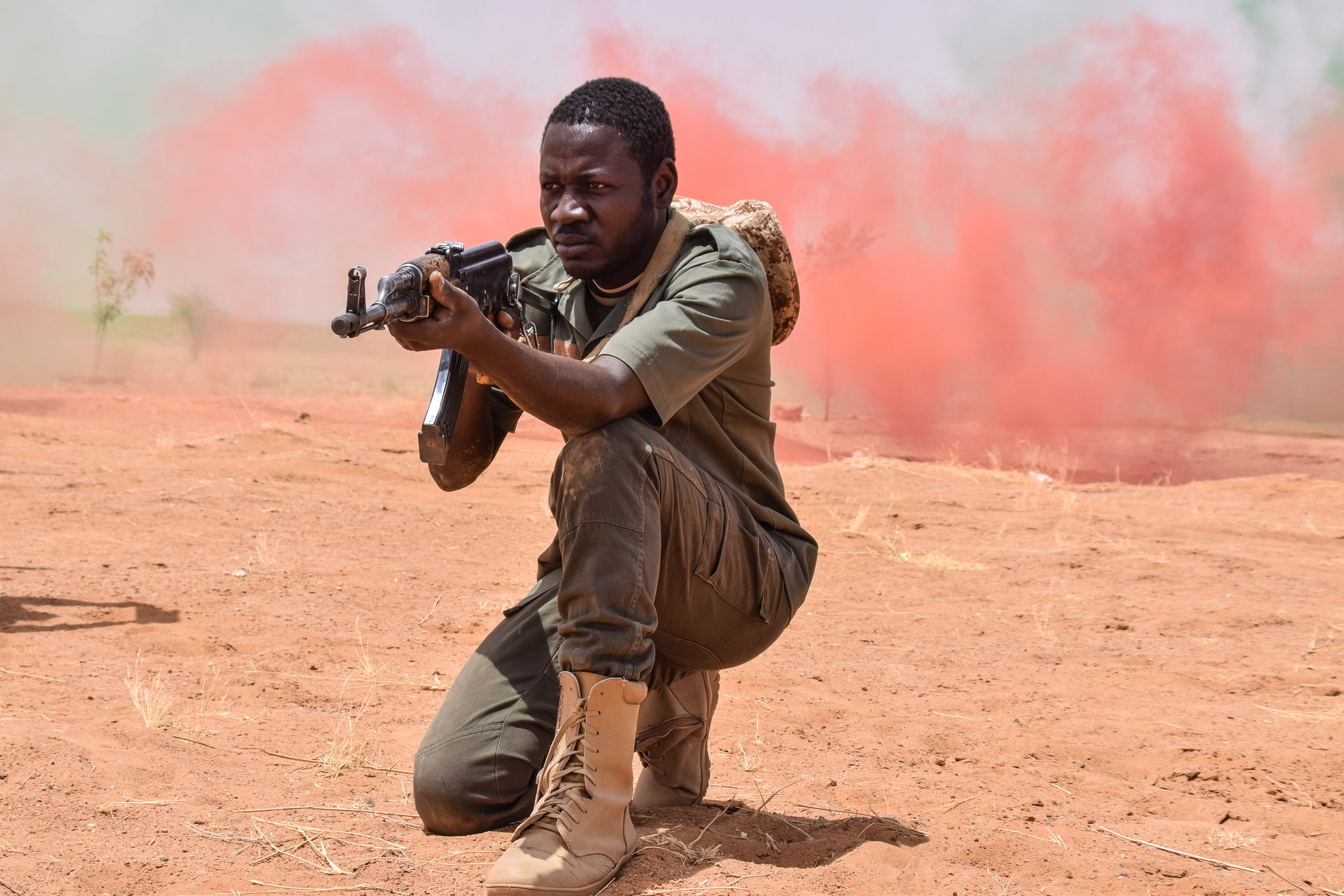LSE’s Nabila Ramdani argues that even if French forces succeed in leaving Mali in a few weeks, the battle with multi-national global terrorists is one that is set to continue for years to come. This post originally appeared on Al Arabiya.
An uncompromising operation against radical Islamists which will be over ‘in a matter of weeks’ is how French Foreign Minister Laurent Fabius earlier this month described his country’s intervention in Mali. Making the attack sound like some kind of turkey shoot carried out by can-do crowd pleasers, Mr. Fabius boldly boasted about ‘stopping the terrorists’, before adding: ‘Today we started taking care of the terrorists’ rear bases.’

Well, ‘taking care’ was hardly the right phraseology, but we knew what Mr. Fabius meant: despite pessimistic claims to the contrary, the initial offensive against the varied selection of Al-Qaeda guerrillas is more than likely to succeed.
The French military, which includes elite special-forces and Foreign Legion detachments, are well equipped with high-tech hardware, as well as tanks and armored personnel carriers. Supported by the Malian Army, they were sweeping through key towns in the central African country like Diabaly and Douentza this week, which were previously controlled by terrorists carrying their own inferior weapons in light 4×4 pick-up trucks. Most crucially of all, the French have control of the skies, meaning their Rafale fighter planes can destroy enemy bases and ammunition dumps pretty much at will.
Just one helicopter pilot has been reported killed among the French forces so far, while terrorist deaths are likely to be well into the hundreds already. There is no doubt that Al-Qaeda is on the retreat, and that their ultimate goal of over-running France’s former colony has, for the time being at least, been foiled.
What is far more worrying for French President François Hollande are the repercussions of this short, sharp, and in all likelihood initially effective military campaign. In terms of numbers, the Islamist forces are made up of around 6,000 men, including around half who are members of al-Qaeda in the Islamic Maghreb (AQIM). This group is particularly feared by the French, who believe it wants to set up a Taliban-style regime in Mali. From there it will be in a position to plan further terrorist attacks on Western interests.
Mr. Hollande certainly fears a domino effect if Mali falls to the Islamists.There are French garrisons in neighboring countries like Ivory Coast, Chad and the Central African Republic containing up to 5,000 troops in total – mainly thanks to a long history of Gallic colonialism – but at present all will officially be on anti-terrorism alert.
It is an AQIM splinter group, the “Signed in Blood Brigade,” which has claimed responsibility for the hostage stand-off at the In Amenas gas complex, in south east Algeria, last week. Not only is the death toll caused by the four-day crisis already spiraling towards the 100 mark, but Algerian Prime Minister Abdelmalek Sellal has confirmed that most of the Al- Qaeda fighters involved had arrived from Mali.
Global security
In terms of global security, this means that a lethal force of heavily armed terrorists effectively left one former French colony to bring death and destruction to another. This group, like so many others, has been plaguing the Sahara, mixing their criminal activities – which include smuggling and extortion – with Jihad against the infidel. Their leader, Mokhtar Belmokhtar, is still at large, and believed to be back in Mali, planning his next outrage.
In Mali, he will find plenty of high-profile targets related to western interests. Do not forget that the country, like West African neighbors, is rich in lucrative natural assets. France generates 78 per cent of its electricity from nuclear energy and is interested in uranium. The French company Areva is building the second largest uranium plant in the world in Niger.
Mali is the third largest gold producing country in Africa too while neighboring Nigeria is a crucial oil exporter in the region, sending millions of barrels a year to countries including Britain and the United States in particular relies on Africa for strategic minerals and oil, with nearly 14 percent of US imports of crude oil coming from the continent. Thus a destabilized Mali has huge repercussions for the West, and men like Belmokhtar will use their forces to attack ‘prestige targets’ whenever possible.
Describing the In Amenas horror in quotes reported by the Algerian media, Belmokhtar said: ‘We had about 40 jihadists, most of them from Muslim countries and some even from the West.’ Two Canadian passport holders have been confirmed among the terrorists killed, and there may have been others from other European countries including France itself.
The message is as clear to Mr. Hollande as it is to all Western leaders – Al Qaeda is by no means confined to Mali, any more than it is confined to blighted countries like Afghanistan and Somalia. The battleground of the war against terrorism is spread across the world, and its focus has simply shifted to Central and North Africa because of the Mali crisis.
As British Prime Minister David Cameron makes clear, his country will need ‘iron resolve’ to confront this terrorist threat, and this is likely to involve a ‘generational struggle.’
Yes, French forces could technically be out of Mali ‘in a matter of weeks’ following an important victory, but a constant guard on a fluid force of multi-national global terrorists will be going on for many years to come.





